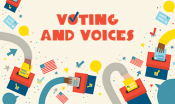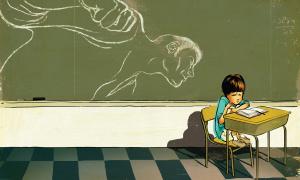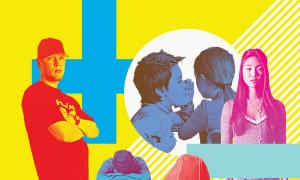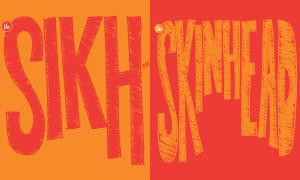article
July 27, 2017
Lost in Translation
This piece accompanies the Teaching Tolerance feature story " Lonely Language Learners?" Just after 8 o'clock on a rainy April morning, teacher Helen Reid greets three of her students, none of whom has been in the U.S




